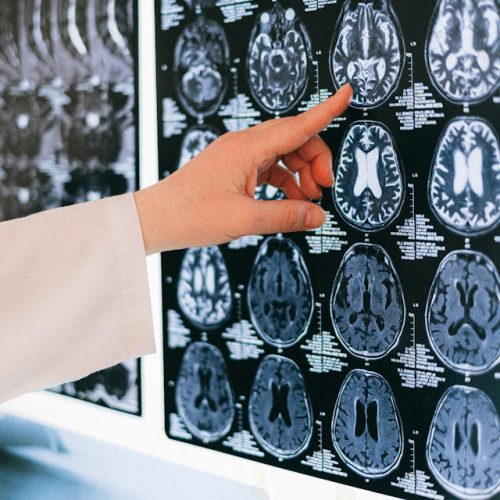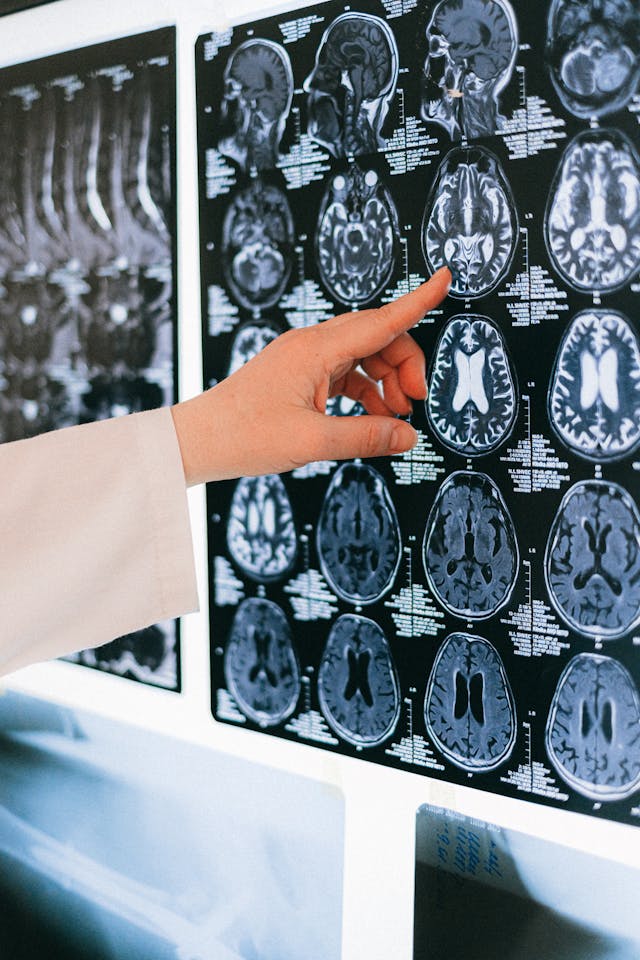Vitamin B1, also known as thiamine, is an essential nutrient that plays a crucial role in energy metabolism and nerve function.
Thiamine deficiency, although rare in developed countries, can have significant health impacts, including neurological and psychological disorders.
One of the lesser-known but serious consequences of thiamine deficiency is depression. This article explores how thiamine deficiency can lead to depression, the symptoms and signs to watch for, causes and risk factors, diagnosis, treatment options, prevention tips, and advice on discussing potential thiamine deficiency with your doctor.
Symptoms and Signs
Thiamine deficiency can lead to a variety of symptoms, some of which directly affect mental health. These symptoms include:
Physical Symptoms
- Fatigue: Persistent tiredness and lack of energy, which can affect daily functioning.
- Muscle Weakness: Difficulty in performing physical tasks due to weakened muscles.
- Weight Loss: Unintentional weight loss due to poor appetite and metabolic changes.
- Cardiovascular Issues: Symptoms such as palpitations, shortness of breath, and swelling in the legs can indicate heart problems related to thiamine deficiency.
- Peripheral Neuropathy: Numbness, tingling, and pain in the extremities due to nerve damage.
Psychological Symptoms
- Depression: Persistent feelings of sadness, hopelessness, and lack of interest in activities once enjoyed. This symptom is influenced by thiamine’s role in brain function and neurotransmitter regulation.
- Irritability and Anxiety: Increased feelings of irritability and anxiety, which can exacerbate depressive symptoms.
- Memory Loss and Confusion: Cognitive impairments, including difficulties with memory, concentration, and decision-making.
Causes and Risk Factors
Thiamine deficiency can result from several factors, including:
- Poor Dietary Intake: Consuming a diet low in thiamine-rich foods, such as whole grains, nuts, and meat.
- Alcoholism: Chronic alcohol consumption interferes with thiamine absorption and storage, leading to deficiency.
- Medical Conditions: Conditions such as Crohn’s disease, anorexia, and HIV/AIDS can impair nutrient absorption.
- Certain Medications: Some diuretics and chemotherapy drugs can deplete thiamine levels.
- Genetic Factors: Rare genetic disorders can affect thiamine metabolism.
Diagnosis
Diagnosing thiamine deficiency involves a combination of medical history review, physical examination, and laboratory tests. Key diagnostic tests include:
- Blood Tests: To measure thiamine levels in the blood.
- Erythrocyte Transketolase Activity Test: A specific test that measures the activity of transketolase, an enzyme that requires thiamine to function properly.
- Urinary Thiamine Excretion Test: To assess the amount of thiamine excreted in the urine, indicating the body’s thiamine status.
Treatment Options
The primary treatment for thiamine deficiency is thiamine supplementation. Treatment options include:
- Oral Thiamine Supplements: Available over-the-counter or by prescription, these supplements effectively raise thiamine levels in the body.
- Intravenous Thiamine: In severe cases, thiamine can be administered intravenously for rapid correction.
- Dietary Changes: Incorporating thiamine-rich foods such as whole grains, legumes, nuts, seeds, pork, and fortified cereals into the diet.
These treatments are highly effective in reversing the symptoms of thiamine deficiency, including depression. Additionally, addressing underlying causes such as alcoholism or medical conditions is crucial for long-term management.
Prevention
Preventing thiamine deficiency involves maintaining a balanced diet and addressing risk factors. Tips for prevention include:
- Balanced Diet: Ensure your diet includes thiamine-rich foods like whole grains, pork, fish, and legumes.
- Limit Alcohol Consumption: Reducing alcohol intake can improve thiamine absorption and storage.
- Manage Medical Conditions: Properly managing conditions that affect nutrient absorption can help prevent deficiencies.
- Regular Check-Ups: Regular medical check-ups can help identify and address deficiencies early on.
Speaking to Your Doctor
If you suspect that thiamine deficiency may be contributing to your depression, it is essential to speak with your healthcare provider. Here are some steps you can take:
- Describe All Symptoms: Be sure to mention both physical and psychological symptoms.
- Request Specific Tests: Ask about blood tests and other relevant diagnostics to assess thiamine levels.
- Discuss Treatment Options: Inquire about thiamine supplements and dietary changes.
Disclaimer
This article is for educational purposes only, based on my research. I am not a doctor nor a health advisor. None of the information in this article should be considered without speaking with your primary care doctor first. Always consult with a healthcare professional for medical advice and treatment.








